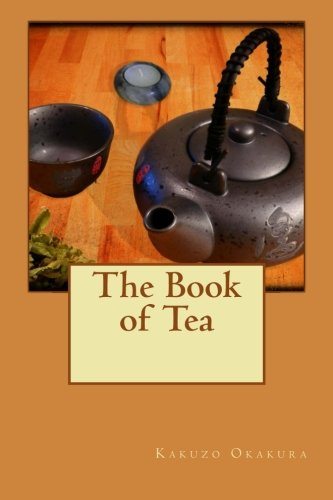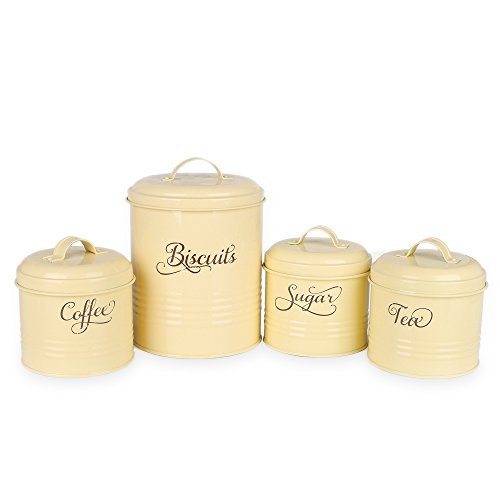The Book of Tea
Tea began as a medicine and grew into a beverage. In China, in the eighth century, it entered the realm of poetry as one of the polite amusements. The fifteenth century saw Japan ennoble it into a religion of aestheticism—Teaism. Teaism is a cult founded on the adoration of the beautiful among the sordid facts
Tea began as a medicine and grew into a beverage. In China, in the eighth century, it entered the realm of poetry as one of the polite amusements. The fifteenth century saw Japan ennoble it into a religion of aestheticism—Teaism. Teaism is a cult founded on the adoration of the beautiful among the sordid facts of everyday existence. It inculcates purity and harmony, the mystery of mutual charity, the romanticism of the social order. It is essentially a worship of the Imperfect, as it is a tender attempt to accomplish something possible in this impossible thing we know as life. The Philosophy of Tea is not mere aestheticism in the ordinary acceptance of the term, for it expresses conjointly with ethics and religion our whole point of view about man and nature. It is hygiene, for it enforces cleanliness; it is economics, for it shows comfort in simplicity rather than in the complex and costly; it is moral geometry, inasmuch as it defines our sense of proportion to the universe. It represents the true spirit of Eastern democracy by making all its votaries aristocrats in taste.That a nation should construct one of its most resonant national ceremonies round a cup of tea will surely strike a chord of sympathy with at least some readers of this review. To many foreigners, nothing is so quintessentially Japanese as the tea ceremony–more properly, “the way of tea”–with its austerity, its extravagantly minimalist stylization, and its concentration of extreme subtleties of meaning into the simplest of actions. The Book of Tea is something of a curiosity: written in English by a Japanese scholar (and issued here in bilingual form), it was first published in 1906, in the wake of the naval victory over Russia with which Japan asserted its rapidly acquired status as a world-class military power. It was a peak moment of Westernization within Japan. Clearly, behind the publication was an agenda, or at least a mission to explain. Around its account of the ceremony, The Book of Tea folds an explication of the philosophy, first Taoist, later Zen Buddhist, that informs its oblique celebration of simplicity and directness–what Okakura calls, in a telling phrase, “moral geometry.” And the ceremony itself? Its greatest practitioners have always been philosophers, but also artists, connoisseurs, collectors, gardeners, calligraphers, gourmets, flower arrangers. The greatest of them, Sen Rikyu, left a teasingly, maddeningly simple set of rules: Make a delicious bowl of tea; lay the charcoal so that it heats the water; arrange the flowers as they are in the field; in summer suggest coolness; in winter, warmth; do everything ahead of time; prepare for rain; and give those with whom you find yourself every consideration. A disciple remarked that this seemed elementary. Rikyu replied, “Then if you can host a tea gathering without deviating from any of the rules I have just stated, I will become your disciple.” A Zen reply. Fascinating. –Robin Davidson, Amazon.co.uk













The Tempest in Tea Cup I haphazardly discovered this book when I had undertaken the task of better acquainting myself with tea. Totally ignorant, I opened the book half expecting to find dry writing on types of tea leaves. Instead I discovered something deeply beautiful. This book does indeed teach the history of tea and its preparation, but it also provides an eloquent introduction to Teaism and other aspects of Japanese culture. Okakura wavers most delicately between prose and poetry, between the educational…
The Tao of Tea Kakuzo Okakura (1862-1919) was born in a Japan that had seen Commodore Perry but had not yet renounced the Shogunate. By the end of his life he had seen the Great War and Japan’s first imperialistic military adventures in Korea and Manchuria that would culminate in the tragedy of the Second World War.
A modern classic This book is a delightful oddity. It’s about 100 years old now. It was written by a Japanese expatriate, in English, for an English-speaking audience. I mean the term “audience” in the most audible way, since this text was meant to be read aloud to the highest of the Boston Brahmins. (That attention to sound is probably a big part of why this reads so smoothly.)